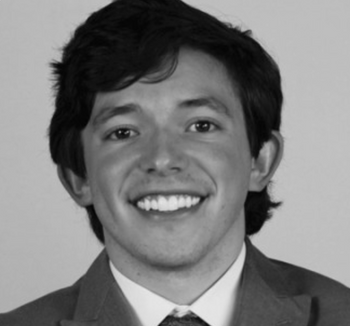BU prof: Trump 'represents a clear and present threat to our electoral system'
“I think he represents a clear and present threat to our electoral system," Whalen said.
Boston University Professor Thomas Whalen recently joined a Boston radio station to discuss President Trump’s impeachment.
In a recent interview, Boston University professor Thomas Whalen called President Donald Trump’s actions that sparked impeachment “a great stain on our democracy,” and added that Trump represents a “threat” to the country’s democracy.
“I think [Trump] represents a clear and present threat to our electoral system,” Whalen said in a radio interview with WBUR News Boston.
Whalen, who is an associate professor of social sciences, also accused President Trump of abusing power.
[RELATED: Law prof: Trump should do the ‘patriotic’ thing and resign]
“The president here has recklessly disregarded the Article I powers of Congress, of oversight,” Whalen said. “He’s done it in such a brazen way that he forced Congress little option but to impeach him and use that power.”
Whalen later told the host that Trump’s impeachment ranks among the most notorious presidential scandals, including Watergate and Iran-Contra.
“This is a great stain on our democracy because it shows what we are capable of: vast corruption,” Whalen lamented.
[RELATED: Hundreds of profs pen letter to Congress pleading for Trump’s impeachment]
When asked about Senate Majority Leader Mitch McConnell’s potential role in the impeachment trial, Whalen accused McConnell of essentially taking away “the power of impeachment from the Congress.”
“Basically we are electing an emperor or a king every four years,” Whalen said, before noting that Democrats and Republicans have contributed to increasing the power of the presidency over the years.
However, he added that the chances that Trump is removed from office are “very slim.”
“I think he stands a good chance of being reelected,” Whalen said. “I think it sets a slippery slope for future presidents in terms of the kind of power they can wield.”
Follow the author of this article on Twitter: @eduneret

